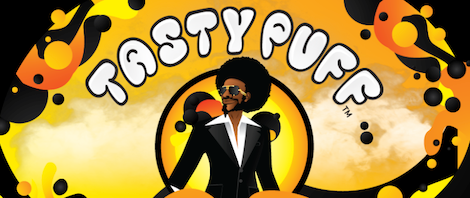Marijuana, Stress, PTSD and Depression
Research has suggested that cannabis may be a promising treatment option for a number of different physical and mental health conditions, from post-traumatic stress disorder to chronic pain. A study released this week suggests that depression can be added to that list.
Neuroscientists from the University of Buffalo's Research Institute on Addictions found that endocannabinoids -- chemical compounds in the brain that activate the same receptors as THC, an active compound in marijuana -- may be helpful in treating depression that results from chronic stress.
In studies on rats, the researchers found that chronic stress reduced the production of endocannabinoids, which affect our cognition, emotion and behavior, and have been linked to reduced feelings of pain and anxiety, increases in appetite and overall feelings of well-being. The body naturally produces these compounds, which are similar to the chemicals in cannabis. Reduction of endocannabinoid production may be one reason that chronic stress is a major risk factor in the development of depression.
Recent research around marijuana's effect on symptoms of post-traumatic stress disorder further bolsters the Buffalo neuroscientists' findings, since both disorders involve the way the brain responds to stress. A study published last year in the Journal Neuropsychopharmacology, for instance, found synthetic cannabinoids triggered changes in brain centers associated with traumatic memories in rats, preventing some of the behavioral and physiological symptoms of PTSD. Another study published last year found that patients who smoked cannabis experienced a 75 percent reduction in PTSD symptoms.
However, it's important to note that the relationship between marijuana and depression is complex. Some research has suggested that regular and heavy marijuana smokers are at a higher risk for depression, although a causal link between cannabis use and depression has not been established. More studies are needed in order to determine whether, and how, marijuana might be used in a clinical context for patients with depression.
Read More: The Huffington Post




















